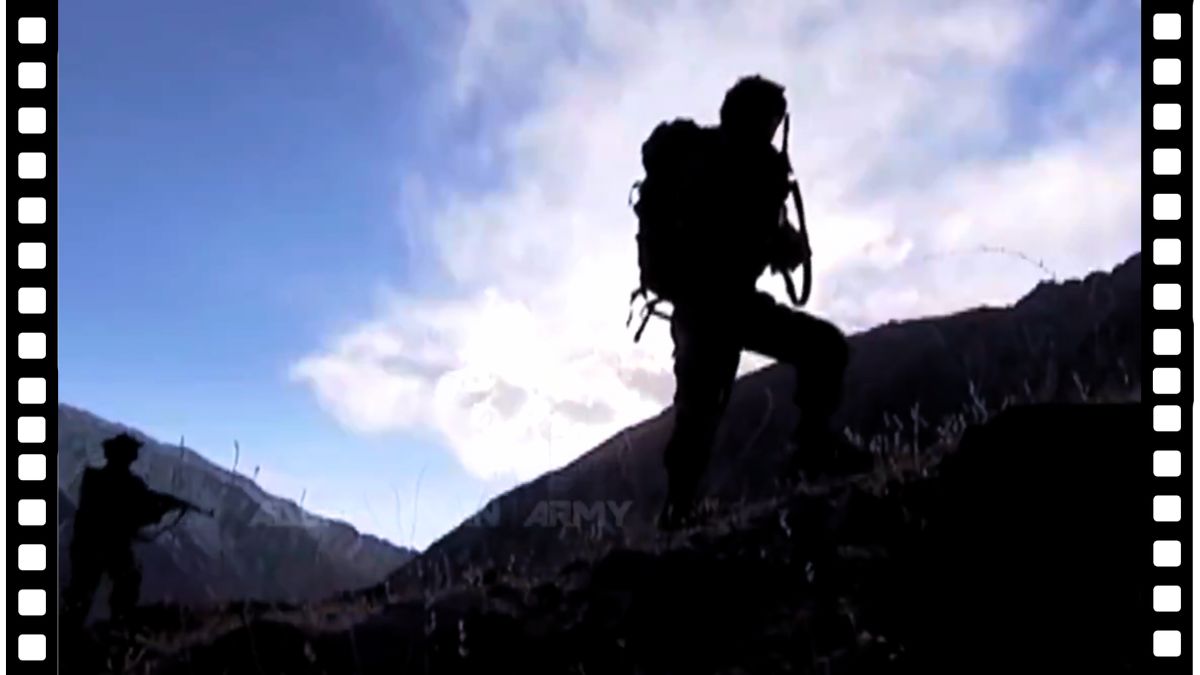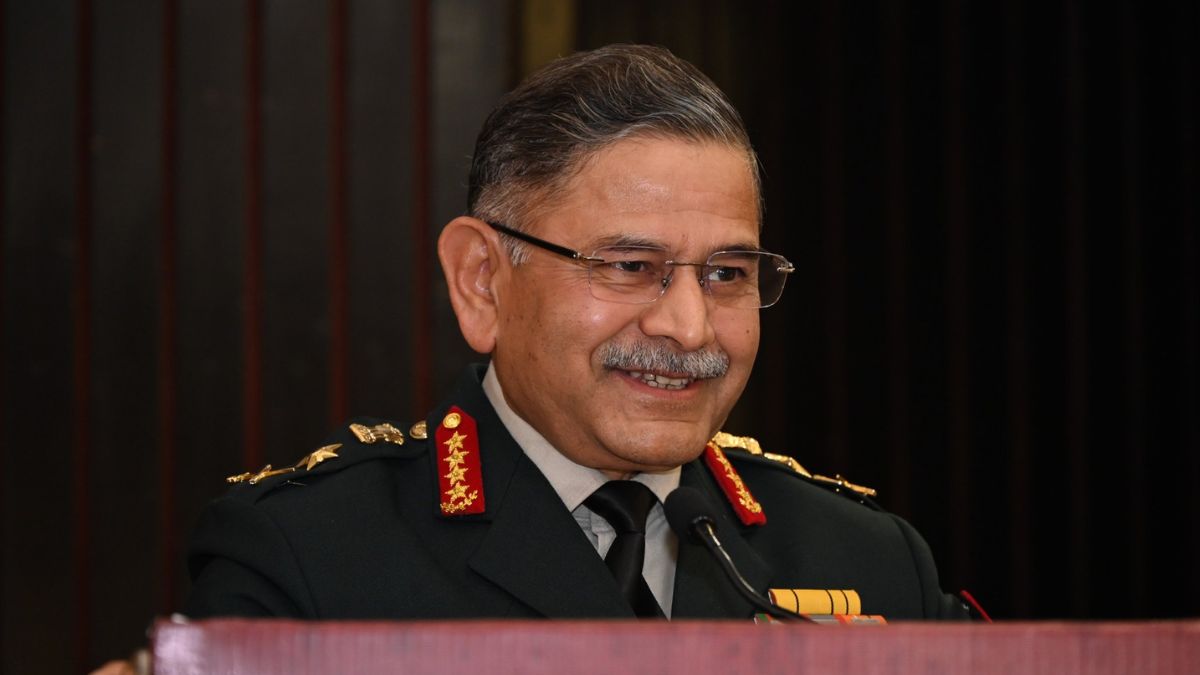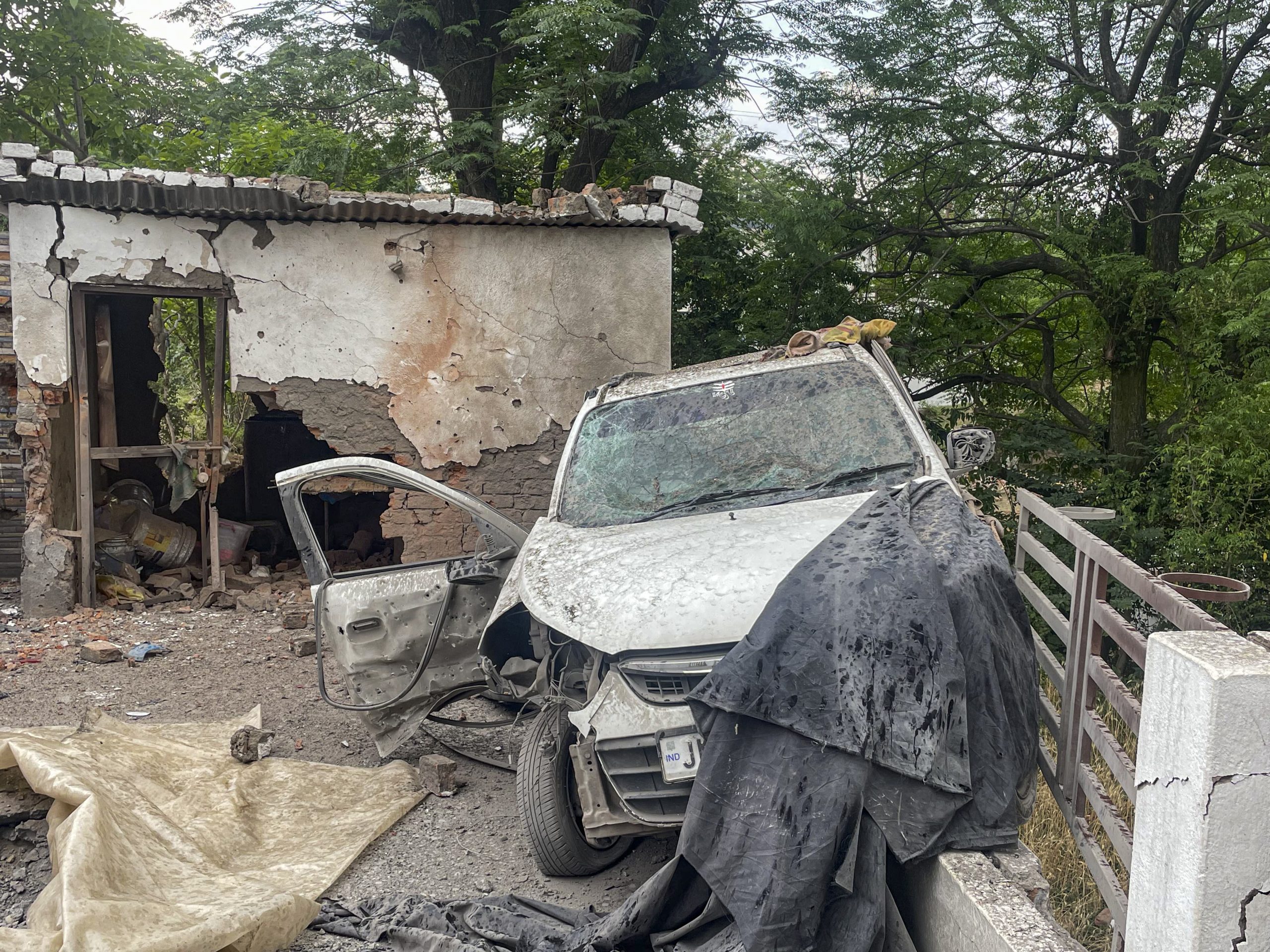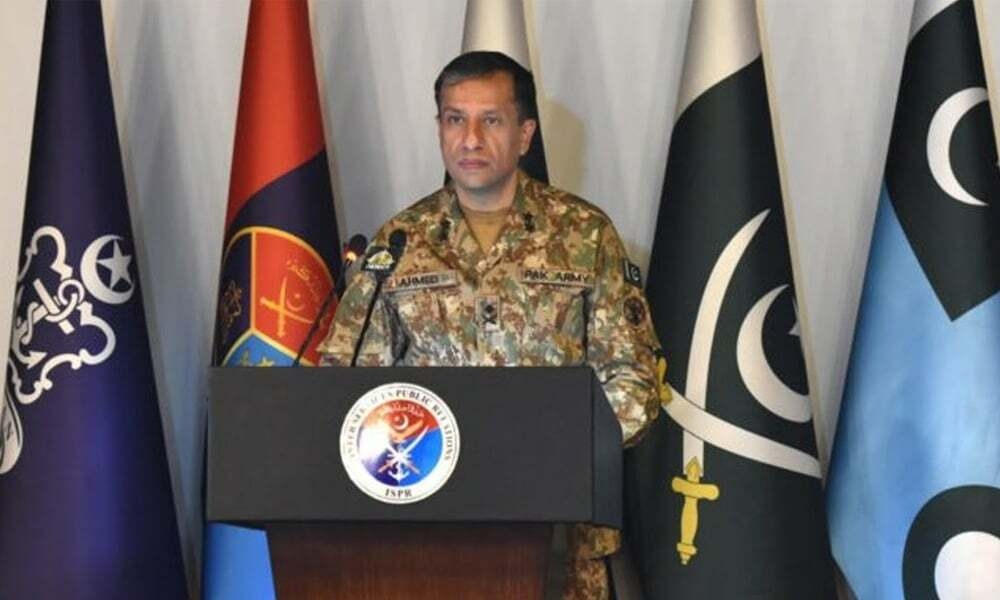Kargil Vijay Diwas: A Reminder Of Pakistan’s Betrayal Of The Hope For Peace In Himalayas

Pakistan, by attempting the takeover of Indian strategic positions across the Line of Control, betrayed the hope of stability and peace. Imahe coutesy: Screengrab via X.com/@DefProdnIndia
In February 1999, Indian Prime Minister Atal Bihari Vajpayee boarded a bus to Lahore, pursuing peace with Pakistan. Yet, as he extended an olive branch, Pakistan’s military covertly prepared to shatter this hope, setting the stage for a stunning betrayal.
Months before the first bus crossed the border, Pakistani troops from the Northern Light Infantry had secretly infiltrated Indian territory across the Line of Control (LoC), disguised as militant insurgents. Taking advantage of Indian military posts vacated during the harsh Himalayan winter, these troops occupied strategic heights in the Kargil sector. The intent was clear and aggressive: cut off the vital Srinagar-Leh highway and destabilise India’s northern frontier.
By early May, the full extent of Pakistan’s deception had become evident. Indian patrols reported incursions at altitudes of 16,000 to 18,000 feet. Facing rugged terrain and sub-zero temperatures, the Indian Army initiated Operation Vijay to reclaim the captured posts, while the Indian Air Force launched Operation Safed Sagar to support ground operations. The severity of Pakistan’s breach of trust had stunned not only India but also the international community.
The ensuing battles at Tololing, Tiger Hill, and multiple strategic points such as Point 5140, Point 4875, and Khalubar Ridge revealed the extraordinary bravery of Indian troops. Soldiers fought in gruelling conditions—scaling sheer cliffs, advancing under relentless enemy fire, and battling altitude-induced illnesses. India’s resolve was exemplified by acts of extraordinary valour, such as Captain Vikram Batra’s heroism at Point 5140 and Lieutenant Manoj Kumar Pandey’s courageous leadership at Khalubar Ridge, both of whom were awarded the Param Vir Chakra, India’s highest military honour.
After nearly three months of relentless combat, India regained control of all strategic heights, forcing Pakistan to retreat under international diplomatic pressure. Pakistan’s incursion resulted in heavy losses—officially, India suffered 527 fatalities and 1,363 wounded, while Pakistani casualties were significantly higher, estimated at around 4,000.
However, the damage inflicted by Pakistan’s betrayal extended beyond military losses. The incursion devastated trust between the two nations, setting back bilateral relations by decades. The international community saw Pakistan’s actions as a violation of established norms, isolating Islamabad diplomatically. Pakistan’s gamble, spearheaded by then-Army Chief General Pervez Musharraf, failed spectacularly, bringing internal political instability and international condemnation.
Strategically, the Kargil War prompted India to critically assess its military preparedness and border security protocols. A comprehensive Kargil Review Committee report led to significant reforms, including enhanced intelligence gathering, specialized high-altitude training for troops, and improved coordination among the armed services. The eventual creation of the Chief of Defence Staff (CDS) role, aimed at fostering synergy among the Army, Navy, and Air Force, emerged as a direct consequence of the lessons learned during the Kargil conflict.
A quarter-century later, as India commemorates Kargil Vijay Diwas, the war serves as a powerful reminder of the high cost of peace betrayed. It underscores the necessity for vigilance and preparedness against adversaries who resort to covert warfare and proxy conflicts, undermining international peace and stability. For India, Kargil is not only a story of betrayal by Pakistan but a lasting testament to Indian courage, resilience, and national unity in the face of adversity.
Today, the lessons from Kargil remain as relevant as ever. Pakistan’s continued reliance on proxy tactics poses persistent security challenges, reinforcing India’s commitment to maintaining strong, vigilant, and responsive defences. The dream of peaceful coexistence was profoundly shattered at Kargil, but it also clarified an essential truth: India’s pursuit of peace is strengthened by its readiness to decisively counter any aggression that threatens national integrity.
(Updates throughout.)







